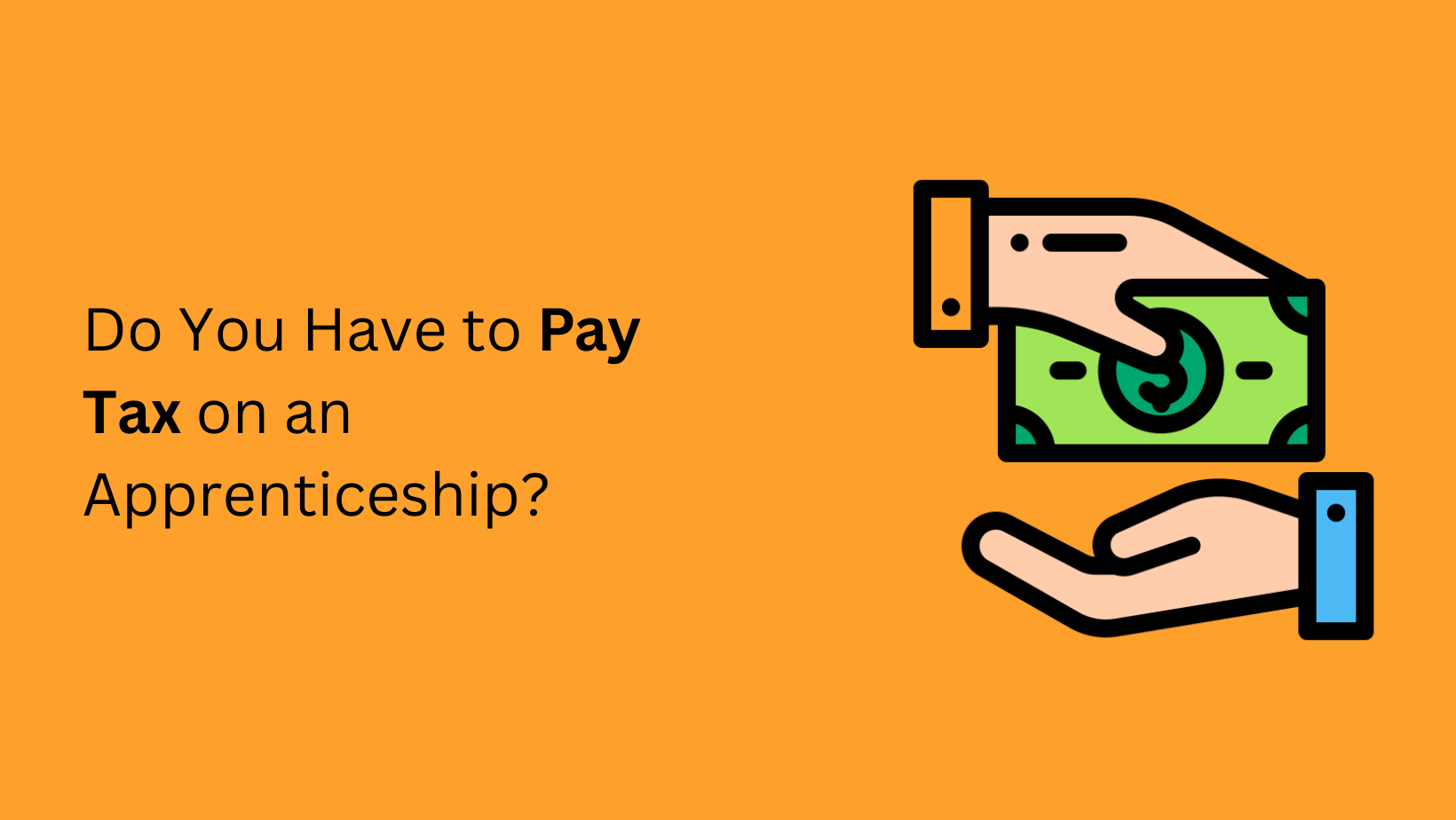Apprenticeships are an excellent way to gain practical skills and knowledge while earning a wage. However, you may wonder, “Do you have to pay tax on an apprenticeship?”
Embarking on an apprenticeship is an exciting opportunity to gain practical skills and knowledge in a chosen field while earning a wage. However, as an apprentice, it’s important to understand how taxation applies to your earnings.
In this article, we will provide a detailed overview of the tax implications for apprenticeships, including key terms, tax thresholds, and allowances, to help you easily navigate the taxation system.

Income Tax Thresholds
Your income tax depends on your total earnings in a tax year (which runs from April 6th to April 5th of the following year) and your personal tax-free allowance.
Apprenticeship Earnings
Apprenticeship wages can vary depending on age, the apprenticeship level, and the industry. For tax purposes, your earnings include your basic wage and any additional income, such as bonuses or tips.
Pay As You Earn (PAYE) System
Employers typically use the Pay As You Earn (PAYE) system to deduct income tax and NI contributions directly from your wages before paying you. The amount deducted is based on your tax code, which considers your allowance and other relevant factors.
National Insurance Contributions
In addition to income tax, apprentices are required to pay NI contributions. The rates differ depending on the earnings and the type of apprenticeship.
Benefits of Being a Low Earner
You may be eligible for a tax refund if your earnings fall below the personal allowance. This could be beneficial for apprentices, especially those earning a lower wage.
Pensions and Apprenticeships
Apprentices may be eligible to join a pension scheme offered by their employer. Contributions to a pension scheme are usually tax-free, which means you won’t have to pay income tax on the amount you contribute.
Keeping Track of Your Earnings
It’s crucial to keep track of your earnings throughout the tax year. This can be done by reviewing your payslips, keeping a record of any additional income, and ensuring that your employer deducts the correct amount of tax and NI contributions.
Summary
As an apprentice, understanding the tax implications of your earnings is essential for financial planning and compliance. By familiarising yourself with the basic principles of income tax, NI contributions, and tax thresholds, you can ensure that you meet your tax obligations and take advantage of applicable allowances. If you have any specific questions or concerns regarding your apprenticeship and taxation, it is advisable to consult with HMRC or seek professional advice.
